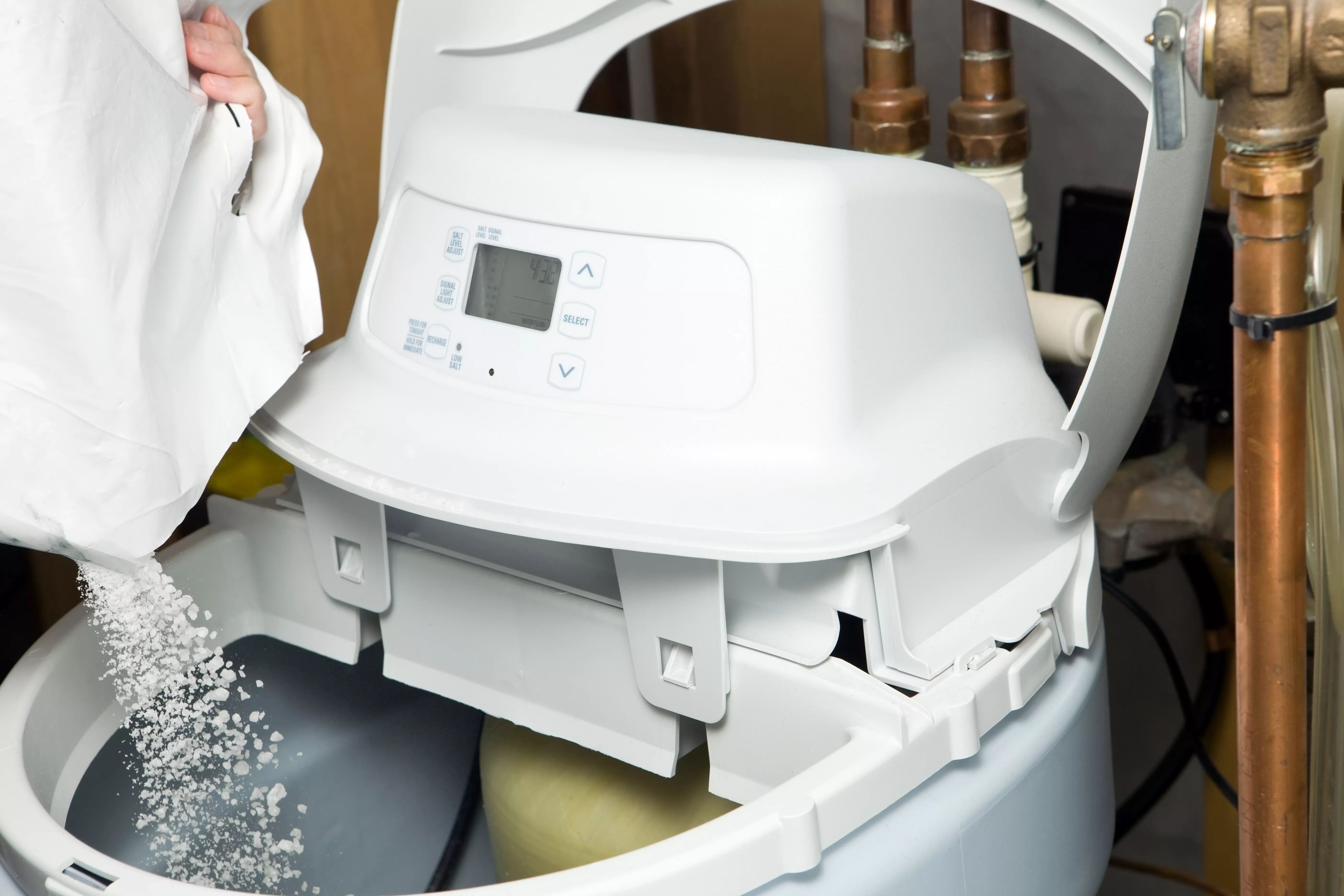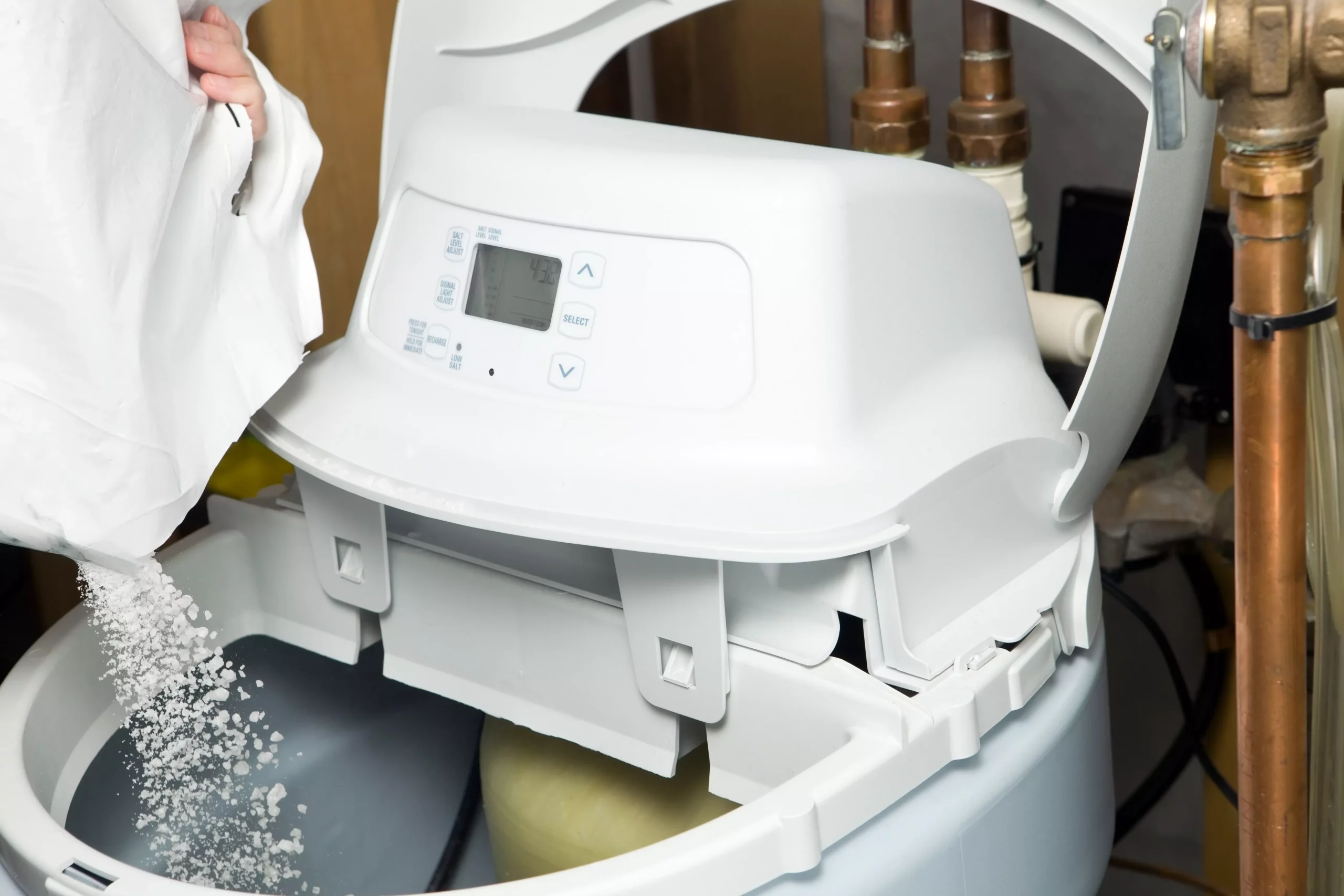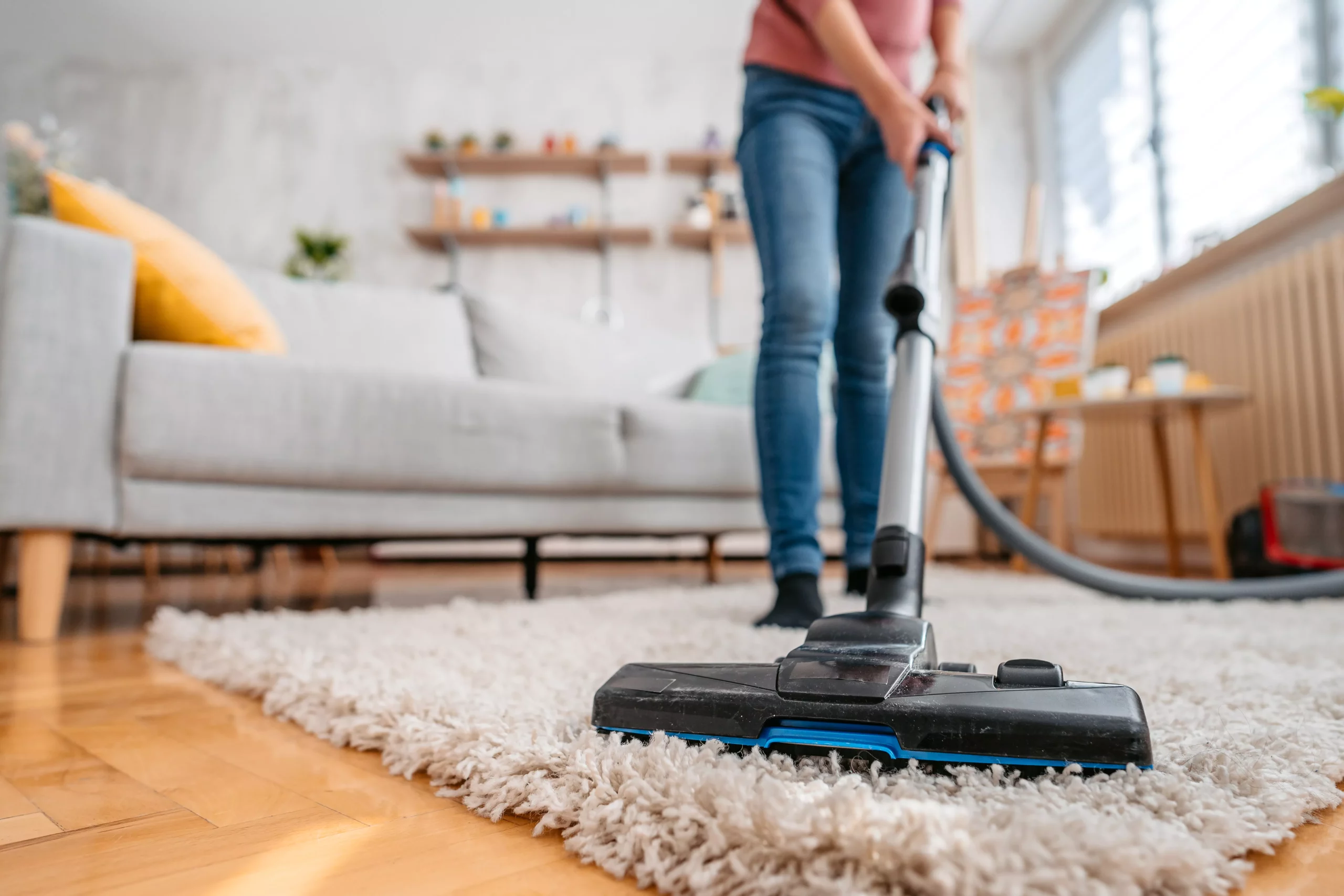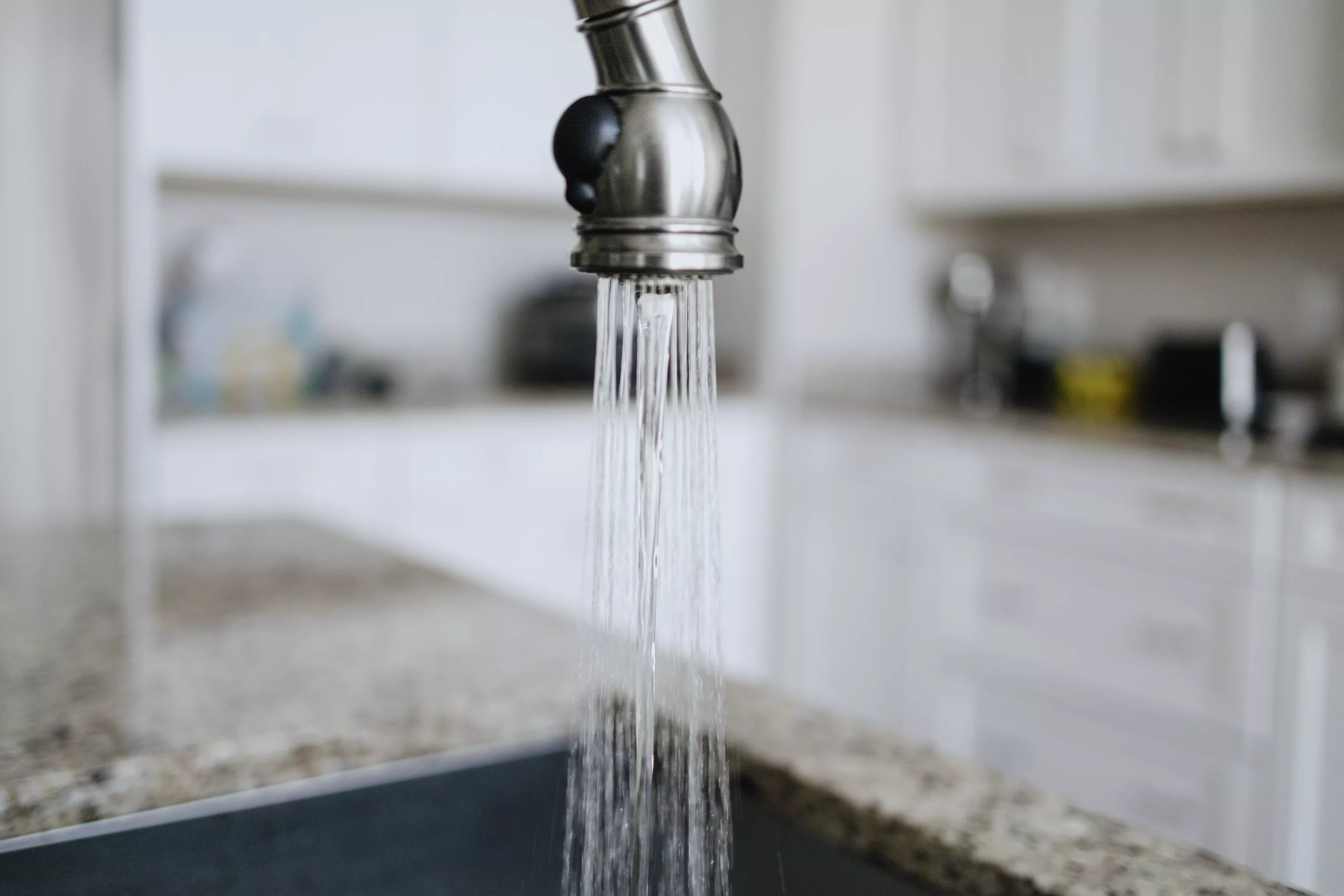Relying on where you live, the water entering your home may be full of heavy minerals like calcium, iron, and magnesium. If left unattended, these can cause significant issues by leaving mineral and range down payments that progressively accumulate inside pipelines and pipes components throughout the home. This buildup can decrease the water stress, develop obstructions, or bring about leaks, forcing you to hire a plumber for repairs and substitute work. Think about a water softener to stay clear of these concerns– this home appliance can filter out the heavy minerals or render them safe by reducing the effects of the particles, making them soluble.
Utilize this overview to find out what a water conditioner is, indications you might require one, and other important details regarding exactly how this ingenious home appliance can profit your home.
What Is a Water Softener?
A water softener is a water treatment system made to “soften” tough water in a home. This pipes home appliance is available in various dimensions, from whole-home to ones installed at certain components, like a shower or kitchen area faucet. The technique utilized to deal with the difficult water differs, relying on whether you have a salt water softener or a salt-free water conditioner.

Salt Water Softener
These systems remove minerals that create tough water with a process called ion exchange. The mineral storage tank is full of round material grains charged with salt ions. When tough water gets in the mineral tank, the calcium, iron, and magnesium minerals are drawn in to the charge of the resin beads. The beads draw in the minerals, eliminating them from the water and allowing softened water to move right into the home. Nevertheless, with time, the resin grains loaded with minerals, so the water conditioner undergoes a regeneration cycle making use of sodium-rich water to bring back the grains.
Salt-Free Water Softeners
These are a terrific option for locations where salt water softeners are outlawed because of the quantity of salt released into the wastewater system. Salt-free water conditioners don’t get rid of minerals from the water but rather counteract them. This stops them from holding on to surface areas and triggering scale buildup, permitting the minerals to continue to be soluble in the water. These water conditioners are low-maintenance however are not as efficient as salt water softeners, so they’re ideal for tiny homes or homes with minimal tough water concerns.
5 Signs You Need a Water Softener
Be on the lookout for these indications to understand if you need to have a water conditioner mounted.
1. Regular Problems with Dry Skin and Hair
Dry skin or hair every so often might be as a result of the current weather condition, the indoor humidity levels, or even simply daily adjustments in individual health. However, when you constantly have troubles with completely dry skin and hair, it can indicate that the water you are showering in teems with undesirable minerals. Difficult water can make your hair and skin dry, as well as block skin pores, creating inflammation, acnes, and rashes. Consider having your water checked for firmness if you come across these indications regularly.
2. Visible Staining and Limescale Accumulation
Among the clearest indications that your home requires a water conditioner is visible discoloration and limescale accumulation on your faucets, showerheads, and other plumbing components. The minerals in hard water leave stains in sinks, toilets, and tubs, in addition to limescale build-up in the pipes, water fixtures, and any type of water-using home appliances. This buildup can have a harmful impact on your pipes system, so it’s recommended to mount a softener immediately to deal with the hard water problems and safeguard the pipes.
3. Progressively Enhancing Water and Energy Costs
Calcium, iron, and magnesium can build up inside pipes and plumbing fixtures throughout your home, which reduces water circulation, produces obstructions, and causes leaks. These issues make the plumbing system work more challenging to provide water where it needs to go, which may create a rise in the price of your water and power costs.
This increase rarely happens in one remarkable interval– instead, it gradually builds up in time. If you have seen that your water and power costs have gone above what’s regular, then hard water may be the cause. Have your water evaluated and mount a water conditioner if necessary.
4. Fading Clothing and Bed Linen Color Styles
Over time, the shade can fade from trousers, t shirts, gowns, and various other apparel things, along with towels and bed linen. Nevertheless, in homes with untreated difficult water, your washing will certainly start to look grey and discolored within a much shorter timeframe than typical because of the heavy minerals in the water. Hard water can likewise trigger clothes to really feel rough and scratchy against your skin. If you notice these indicators, take into consideration having your water tested and adding a water softener to your pipes system.
5. Cloudy and Brittle Dishes and Glassware
Dishwashing machines utilize water to make whatever inside them shimmering clean, yet when a home has difficult water, the outcomes can be much less than satisfying. Hard water minerals tend to taint steel pots and pans while causing recipes and glasses to end up being tarnished and gloomy. Constant washing with hard water can even make recipes a lot more vulnerable to chipping and damaging.
Have the water in the home tested if you experience these problems routinely when cleaning your dishes. Depending on the test results, mount a water conditioner.
Water Conditioner Care and Upkeep Tips
Generally, a water conditioner will certainly last for roughly 10 to 15 years with appropriate care and maintenance. While salt-free water conditioner systems rarely require hands-on upkeep, it’s still a great concept to have them examined every couple of years to guarantee there aren’t any kind of troubles.
In contrast, seawater softener systems require to have the salt levels checked as soon as every 4 to 6 weeks to ensure they have the suitable total up to deal with the water properly. It’s additionally recommended to check the condition of the brine storage tank given that salt bridges can form in time, avoiding the resin grains from softening the water.
Clear any type of noticeable salt bridges in the salt water container and use the appropriate salt for your sort of water conditioner to keep its performance. Generally, dices or crystal salt is suggested for most of water conditioner designs, however it’s finest to inspect the proprietor’s handbook and adhere to the directions given if you are unclear.




